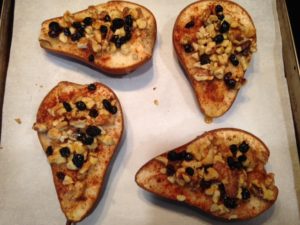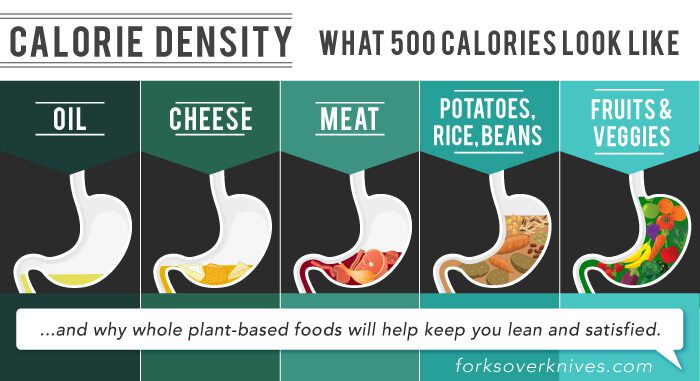 Dear Coach: One of my parents died with Alzheimer’s disease. I plan to get tested to see if I have the gene but wanted to know if you could recommend any foods to help prevent Alzheimer’s. Anonymous
Dear Coach: One of my parents died with Alzheimer’s disease. I plan to get tested to see if I have the gene but wanted to know if you could recommend any foods to help prevent Alzheimer’s. Anonymous
Dear Anon: There is good news. When it comes to most diseases, including Alzheimer's disease, you are not a helpless victim without options. There is MUCH you can do to lower your risk. But first let’s take a look at the Alzheimer’s gene. (Read article here).
The following books/articles may also interest you:
Power Foods for the Brain: An Effective 3-Step Plan to Protect Your Mind and Strengthen Your Memory. This book by Dr. Neal Barnard covers an array of topics related to brain health, including the role of genetics and the harmful effects of toxic metals, certain fats, cholesterol and some medications. Did you know that a high cholesterol level in midlife can predict your Alzheimer's risk 20-30 years later? The book also provides advice on which foods build your vitamin shield and the importance of mental exercises, physical activity, and quality sleep. An excellent read.
In his June 2017 newsletter, Dr. John McDougall presents the evidence that Alzheimer's Disease is Caused by Chronic Aluminum Poisoning. He reports that the primary approach to avoiding AD is to avoid exposure to aluminum through the gastrointestinal tract (eating and drinking), by breathing aluminum, and by skin exposure; he goes on to list the many ways we are exposed to aluminum each day, from processed foods, to foils and cookware, to hygiene products. He also points out that the Western diet in general is associated with the risk of not only developing Alzheimer's disease, but many other forms of dementia and stroke as well.
The Alzheimer's Solution: A Breakthrough Program to Prevent and Reverse the Symptoms of Cognitive Decline at Every Age - by Drs. Dean and Ayesha Sherzai, neurologists who work at Loma Linda University - is a book I've just started reading. It was recommended by a colleague and has been endorsed by Dr. T. Colin Campbell. Drs. Sherzai report that their rigorous science proves that 90% of us can avoid ever getting Alzheimer's, and the other 10% can potentially delay the disease by 10-15 years. The program they've developed is called the NEURO Plan (Nutrition, Exercise, Unwind, Restore, and Optimize). I've only read the Introduction so far but am already intrigued by what I've read.
Please click here to sign up for our blog or newsletter, or to submit a question for consideration.
Dear friend, I hope all is well with you and that you are as healthy in body
as you are strong in spirit. (3 John 1:2, NLT)




